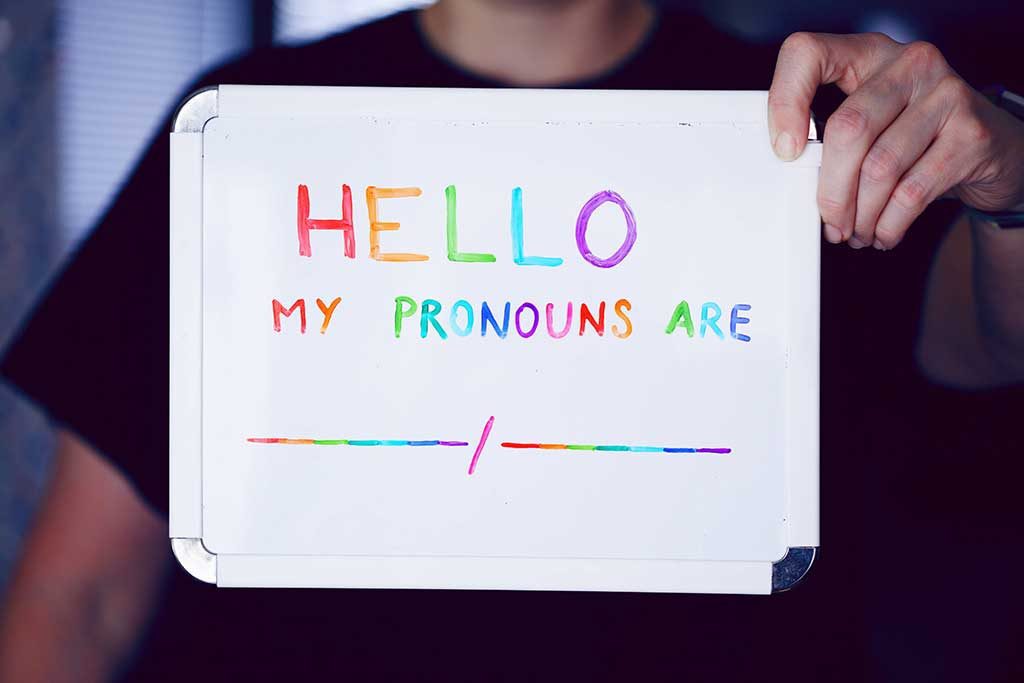NHS staff should declare their preferred pronouns each time they meet a new patient, according to the body responsible for training in the health service.
A training guide written by Health Education England advises medics to share their pronouns to create a “safe space” for those who identify as transgender or non-binary.
According to The Times:
Health Education England has received a gold award from the LGBT charity Stonewall for its diversity policies.
Last year it was ranked 110th out of 403 in the group’s annual ranking of employers, which awards points for adopting Stonewall recommendations on topics such as discrimination, gender identity and family leave.
Its online training module on LGBT awareness suggests that medics inform patients of their pronouns, such as she/her or they/them, regardless of whether or not anyone present is transgender.
The guide, first reported by The Mail on Sunday, says this helps to create a “safe space” for transgender and non-binary people.
It says: “The easiest thing to do is to start by introducing yourself with your own pronoun.
In doing so you are creating a safe space for trans, non-binary, intersex and gender non-conforming people who may not feel comfortable to go first in introducing themselves with pronouns.”
In one training scenario cited by The Mail on Sunday, a female objects to doing this, arguing that it is “obvious” from her biological sex what her pronouns are.
But the team leader urges her to “keep in mind that while many people associate ‘he’ and ‘she’ as meaning men and women, this isn’t always the case”.
Dr Louise Irvine, co-chairwoman of the Clinical Advisory Network on Sex and Gender, told The Mail on Sunday: “Having staff stating their pronouns at the start of conversations runs the risk of making some patients feel uncomfortable.
If the advice in this training module is adopted in the NHS, staff will feel compelled to declare their pronouns even if they didn’t want to.
“If they failed to do so they would stand out and may even be accused of transphobia. So what this is about is a forced recruiting of people into a particular ideology.”
An NHS spokesman said: “While the NHS is committed to tackling health inequalities and improving access and experience for LGBT communities, this online module is not NHS policy and it is optional for staff.”

